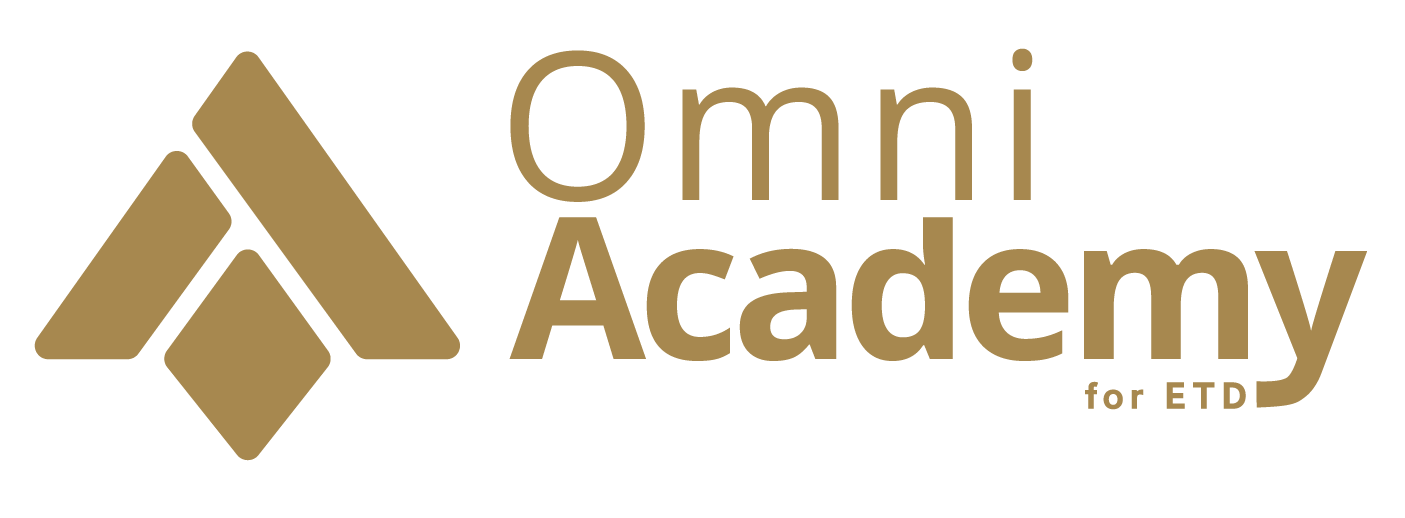Negotiation, Conflict Resolution and Peace Studies Subjects in All Higher Education Curricula – Is This Too Idealistic in its Scope?
AbstractThe racial and political overtones inherent in South Africa, based on its history, make the country an unpredictable place that demands unique approaches towards conflict resolution and the management of an ongoing stable society. While many variables need to be considered, education plays a vital role in promoting and mitigating conflict, as well as teaching various stakeholders how to engage constructively, be they government ministers engaging with their citizens, citizens with those in positions of authority, or parties in a dispute. Additionally, given the vagaries of the working environment, the employment market, and changing employment trends, educational offerings need to adequately prepare individuals to deal with the circumstances in which they find themselves. This paper seeks to examine how education, particularly in conflict resolution and alternative dispute resolution, can prepare the individual to be a productive member of society. Furthermore, it seeks to address why conflict resolution is essential in South Africa's unique circumstances. With this in mind we examine the primary focus of conflict resolution education, the deficiency currently visible in educational offerings, as well as what policies need to be in place to improve the dissemination of positive conflict resolution training and outcomes. While we seek new information on additional aspects that would benefit the practice of conflict resolution education as a whole, particular attention is given to the South African context. The analysis of Negotiation, Conflict Resolution and Peace subjects in generic qualifications is explored to determine countries and universities that adopt and understand the need for it, even in areas of specializations like medicine and water cooperation. This helps to demonstrate the academic knowledge that Negotiation, Conflict Resolution and Peace Studies provides students in universities so that they can function in a meaningful way. Full academic paper available upon request. Presented at:Bangkok January 2017 |
